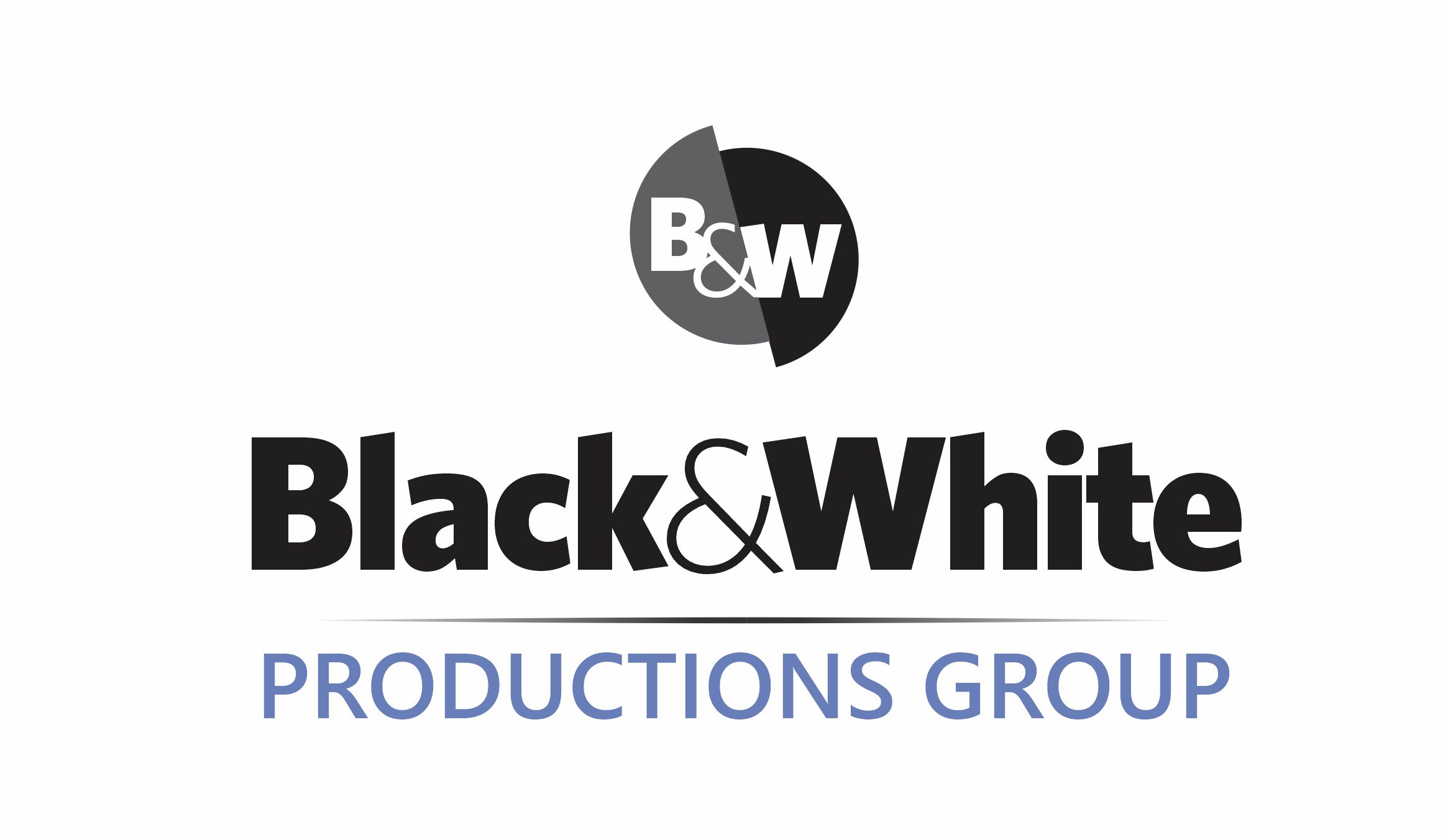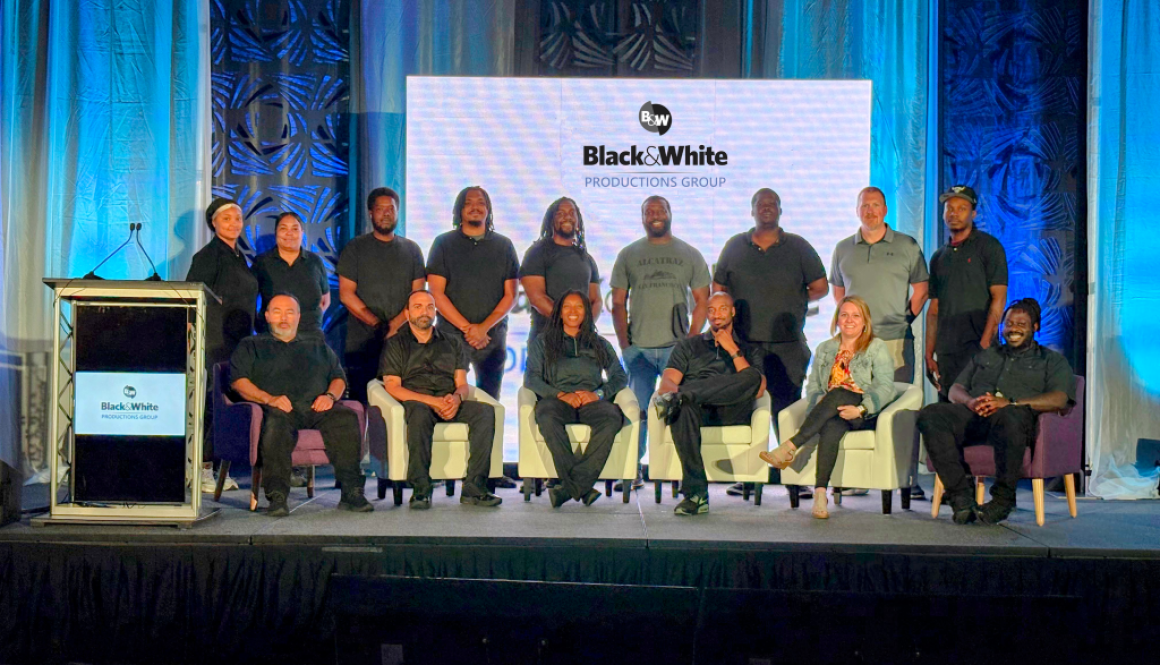AV Partner Questions You Can’t Miss
Are you overwhelmed by the questions to ask when partnering with an AV provider? The sheer variety of equipment, technology, and service providers can be daunting. This blog will walk you through the essential questions to ask your audio visual partner to ensure your event meets and exceeds expectations. You can confidently navigate this complex landscape by focusing on key areas such as understanding your needs, choosing the right partner, and planning effectively.
First, be sure you and your team can answer two pivotal questions.
What Are Your Event Goals?
Start by articulating the core objectives of your event. Are you looking to engage a large audience, or is the focus more on intimate, personalized interactions? Understanding your goals will help you determine the scope and scale of the audio visual elements required. For instance, a large conference might benefit from expansive LED walls and multiple screens, while a smaller workshop may only require a high-quality sound system, a smaller LED wall, or a projector screen. Knowing these details will also assist your audio visual partner in tailoring their services to best suit your needs, ensuring a more strategic and effective approach.
Who Is Your Target Audience?
The demographic and preferences of your audience can significantly impact the choice of audio visual technology. For instance, a tech-savvy crowd may appreciate more interactive digital displays, while a more traditional audience might prefer straightforward, high-quality presentations. Consider the age, interests, and background of your attendees, as these factors can guide the selection of technology that will best engage them. By aligning the audio visual experience with audience expectations, you can enhance overall satisfaction and ensure that the event resonates with attendees.
With a clear understanding of your goals and needs, the next step is choosing the right audio visual partner. The right partner will not only provide the necessary equipment but also bring expertise and creativity to the table.
Here are key questions to guide your AV partner selection process:
What Is Your Experience with Similar Events?
Ask potential partners about their experience with events similar to yours. Have they worked with digital displays and LED walls? Their previous work can provide insight into their capability to meet your requirements. Understanding their experience in similar settings can also give you confidence in their ability to handle unforeseen challenges that may arise. Additionally, don’t be afraid to ask about their approach to problem-solving and how they have addressed issues with past events to ensure a smooth execution.
Can You Provide References?
Reputable audio visual companies should be able to provide references or case studies from past clients. This will offer an unbiased perspective on their performance and reliability. Speaking with previous clients can provide valuable insights into the company’s strengths and areas for improvement. It can also give you a sense of their customer service quality and responsiveness, which are critical factors for a successful partnership.
What Technologies Do You Specialize In?
Inquire about the specific technologies and equipment they specialize in. Whether it’s high-definition projectors, LED walls, or interactive touch screens, ensure they can deliver the technology that aligns with your event’s scope. Understanding their specialties can help you determine if they have the right expertise to bring innovative solutions to your event. Furthermore, knowing their capabilities can assist in future planning, allowing you to leverage their strengths for upcoming events.
Planning and Execution
Once you’ve selected your audio visual partner, the focus shifts to planning and execution. This phase is where the vision starts to take shape, and meticulous planning is essential. Asking the right questions during this phase is critical to avoiding surprises and ensuring a seamless experience. Effective communication and collaboration between you and your audio visual partner are key to translating your ideas into reality.
What Is Your Project Management Process?
Understanding their project management approach can provide insight into how they handle timelines, resources, and potential challenges. Clear communication and a structured process are vital for successful execution. Ask about their methods for coordinating with other vendors and how they manage changes or unexpected issues. An organized project management process can significantly reduce stress and ensure that all components of the audio visual setup are delivered on time and within budget.
How Do You Ensure Quality Control?
Inquire about their quality control measures. This includes testing equipment before the event, ensuring backups are available, and having technical staff on hand to address any issues that may arise during the event. Quality control is crucial to prevent technical hiccups that could disrupt the event flow. Ask about their procedures for monitoring equipment performance throughout the event and how they plan to quickly resolve any technical difficulties that could impact the attendee experience.
What Is Your Approach to Setup and Teardown?
The logistics of setting up and tearing down equipment can impact your event schedule. Make sure your audio visual partner has a well-coordinated plan that minimizes disruption and ensures everything runs smoothly. Discuss their timeline for setup and teardown, and how they coordinate with the venue to adhere to any restrictions or guidelines. A clear understanding of these logistics can help avoid last-minute stress and ensure that the event starts and ends on a high note.
Maximizing Audience Engagement
An effective audio visual setup can significantly enhance audience engagement. By integrating technology that encourages participation, you can create a more dynamic and memorable experience. Here are additional questions to consider in this regard:
How Can We Incorporate Interactive Elements?
Interactive elements, such as live polls or social media walls, can heighten engagement and keep attendees actively involved. Discuss with your partner how these can be seamlessly integrated into your event. Consider how these elements align with your event goals and audience preferences, ensuring they complement rather than distract from the main content. Additionally, explore innovative ways to use technology to foster networking and interaction among attendees.
What Are the Latest Trends in Audio Visual Technology?
Staying ahead of the curve with the latest audio visual trends can give your event a competitive edge. Ask your partner about innovative technologies or techniques that could enhance the attendee experience. Whether it’s incorporating kinetic visuals, augmented reality, or advanced projection mapping, being aware of the latest trends can help you create an unforgettable event. Understanding these trends also allows you to evaluate their potential impact on your audience and determine if they align with your event objectives.
Post-Event Evaluation
After the event concludes, evaluating its success is crucial for future planning. This process involves analyzing both qualitative and quantitative feedback to gain a comprehensive understanding of the event’s impact.
What Metrics Do You Use to Measure Success?
Understanding how your audio visual partner measures success can help you assess the effectiveness of the audio visual elements. Metrics might include audience engagement levels, feedback, or social media activity. Discuss how these metrics align with your event goals and what data is available to measure them. This information can help identify what elements resonated with attendees and which areas may need adjustment in future events.
How Can We Improve for Future Events?
A debrief session with your audio visual partner can provide valuable insights into what worked well and areas for improvement. This feedback loop is essential for continuous improvement and ensuring future events are even more successful. Use this opportunity to discuss any challenges faced and brainstorm solutions for future scenarios. You can build a stronger, more effective partnership for subsequent events by fostering an open dialogue with your audio visual partner.
Conclusion
Partnering with the right audio visual team is a pivotal step in creating an unforgettable event. By asking these essential questions, you can ensure that your audio visual partner aligns with your vision and delivers a seamless, engaging experience. The strategic use of digital displays and LED walls can captivate your audience and elevate your brand. With thorough planning and the right partner, you can transform your event into a memorable experience that resonates with attendees long after they leave.
Remember, in the world of event planning, it’s the details that make the difference. Equip yourself with the right knowledge and questions to turn your vision into reality. By maintaining a focus on strategic planning, effective communication, and continuous evaluation, you can create events that not only meet but exceed expectations, leaving a lasting impression on all who attend.

